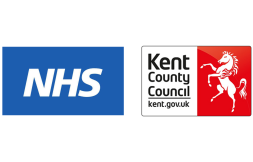Food fraud
With food fraud, the violations are mostly related to non-compliance with labelling rules, falsified certification and/or documents and ingredient substitutions. These are the main conclusions of the Food Fraud Network Activity Report, which follows up on 60 cases notified through the Network in 2014. The Commission will be equipping the Network with a dedicated IT tool […]
